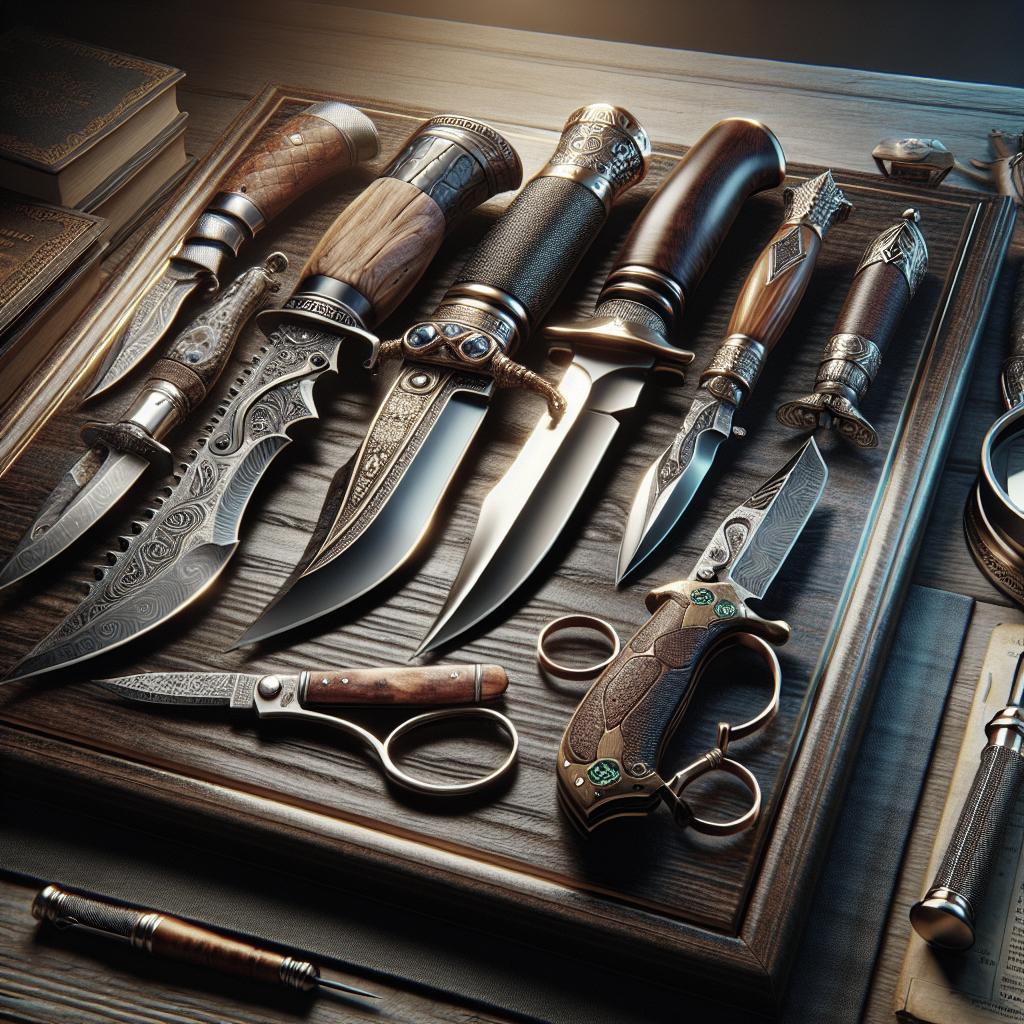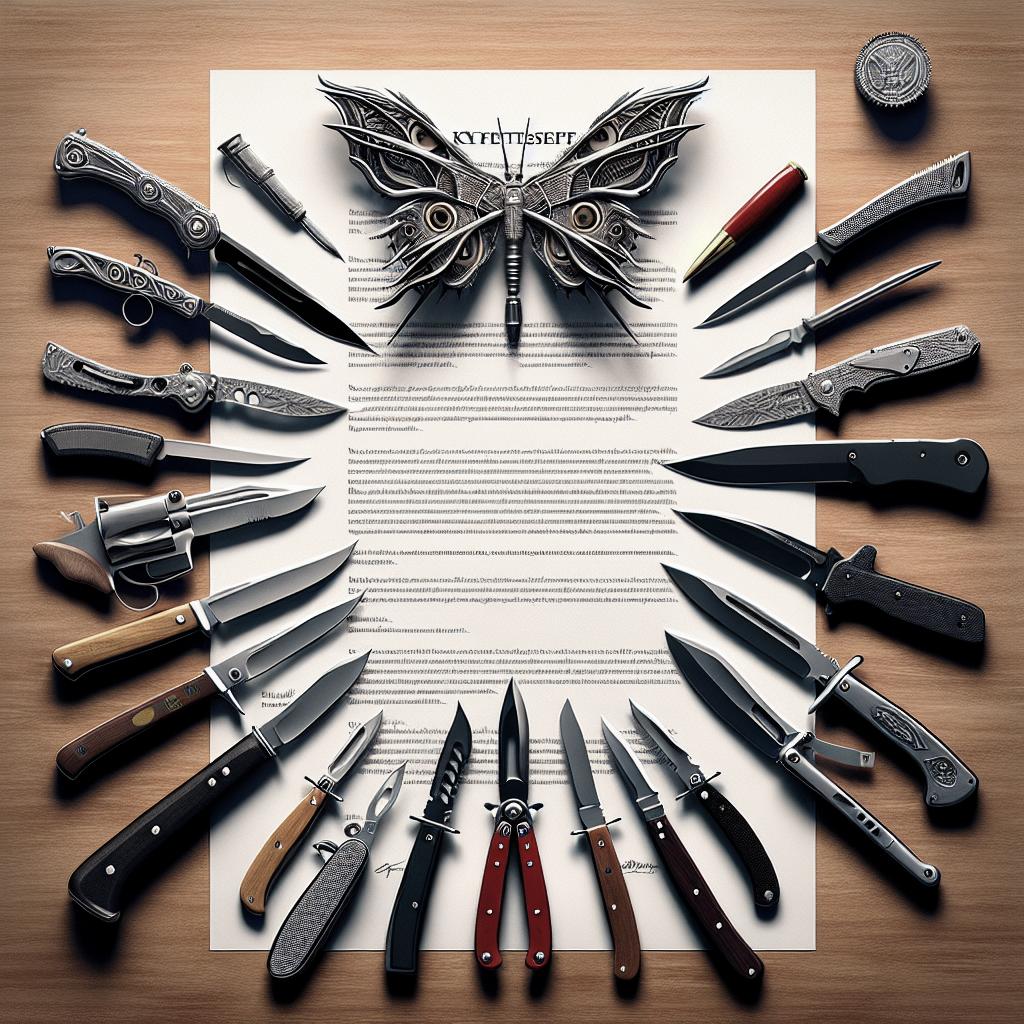Corrosion-Resistant Knives: A Cutting-Edge Evolution
In the world of culinary and outdoor tools, choosing the right knife is crucial for efficiency and safety.
Corrosion-resistant knives have become a key player in the market due to their durable nature, making them a
favored choice for chefs, hunters, and outdoor enthusiasts alike. This article explores the unique properties
of corrosion-resistant knives, the materials used in their construction, their benefits over traditional knives,
and how to maintain them for longevity. Additionally, we will discuss the future prospects of these innovative
tools. Whether you’re a seasoned professional or a curious newcomer, understanding the advantages of these
cutting-edge tools can significantly enhance your culinary or outdoor experience.
The Importance of Corrosion Resistance
Corrosion is a natural process that occurs when metals begin to decay and oxidize due to exposure to moisture,
air, and other environmental factors. For knives, corrosion can significantly hinder performance and safety.
Not only does it affect the blade’s cutting ability, but it also compromises the knife’s structural integrity,
leading to potential breakage and injury.
Corrosion-resistant knives are specifically designed to withstand these deteriorating effects, ensuring longevity
and optimal performance. By incorporating materials and coatings that resist oxidation, manufacturers create tools
that remain sharp and sturdy over time, which is particularly vital in environments that are hot, humid, or constant
in contact with water like kitchens or outdoor settings.
Materials Used in Corrosion-Resistant Knives
The choice of materials plays a crucial role in the effectiveness of corrosion-resistant knives. Stainless steel
is the most common material due to its high resistance to rust and its blend of chromium, nickel, and carbon, which
provide strength and durability. The chromium component creates a protective layer on the blade’s surface, preventing
oxidation.
Other materials like titanium and ceramic also offer outstanding corrosion resistance. Titanium knives are known
for their lightweight properties and strength, often used in tactical and diving knives. Ceramic blades don’t rust
at all, providing an ultra-sharp edge for precision cutting; however, they are more brittle than metal options and
require careful handling.
Benefits Over Traditional Knives
Corrosion-resistant knives offer multiple advantages over traditional iron or low-quality steel knives. They maintain
their sharpness longer, requiring less frequent honing and sharpening, which translates to more reliable performance
in both professional and everyday use.
Additionally, these knives reduce the risk of contamination in food-preparation environments. Since corrosion can cause
bits of metal to flake off, resistant materials ensure a high level of hygiene and safety. For outdoor users, these knives
prove their worth by withstanding harsh weather and frequent use without succumbing to rust-related damage.
Maintaining Your Corrosion-Resistant Knives
Although corrosion-resistant knives are designed to withstand adverse conditions, proper maintenance ensures they remain
in perfect condition. Regular cleaning with mild soap and water is sufficient for stainless steel and titanium blades to
prevent buildup of food particles and stains.
For ceramic knives, handle them with care to prevent chipping. Store all knives properly in a knife block or on a magnetic
strip to protect the edges from damage. Occasional sharpening with the correct tools will keep your knives at peak
performance, making maintenance straightforward and effective.
Future Prospects of Corrosion-Resistant Knives
The development of corrosion-resistant knives continues to advance with emerging technologies and materials. Manufacturers
are constantly researching new blends of metals and synthetic materials to enhance the strength, sharpness, and resilience
of these tools. As consumers demand more sustainable products, materials with a lower environmental impact are also being
explored.
Looking ahead, we can expect to see innovations that further refine these knives’ efficiency and adaptability. From smart
blades with embedded technology for monitoring sharpness to eco-friendly production methods, the future of corrosion-resistant
knives looks promising and ever-evolving.
| Aspect | Details |
|---|---|
| Importance | Prevents performance degradation, enhances safety, and ensures durability |
| Materials | Stainless steel, titanium, ceramic |
| Benefits | Maintains sharpness, hygienic, resistant to harsh environments |
| Maintenance | Easy cleaning, proper storage, occasional sharpening |
| Future Prospects | Technological advancements, sustainable materials, increased durability |


